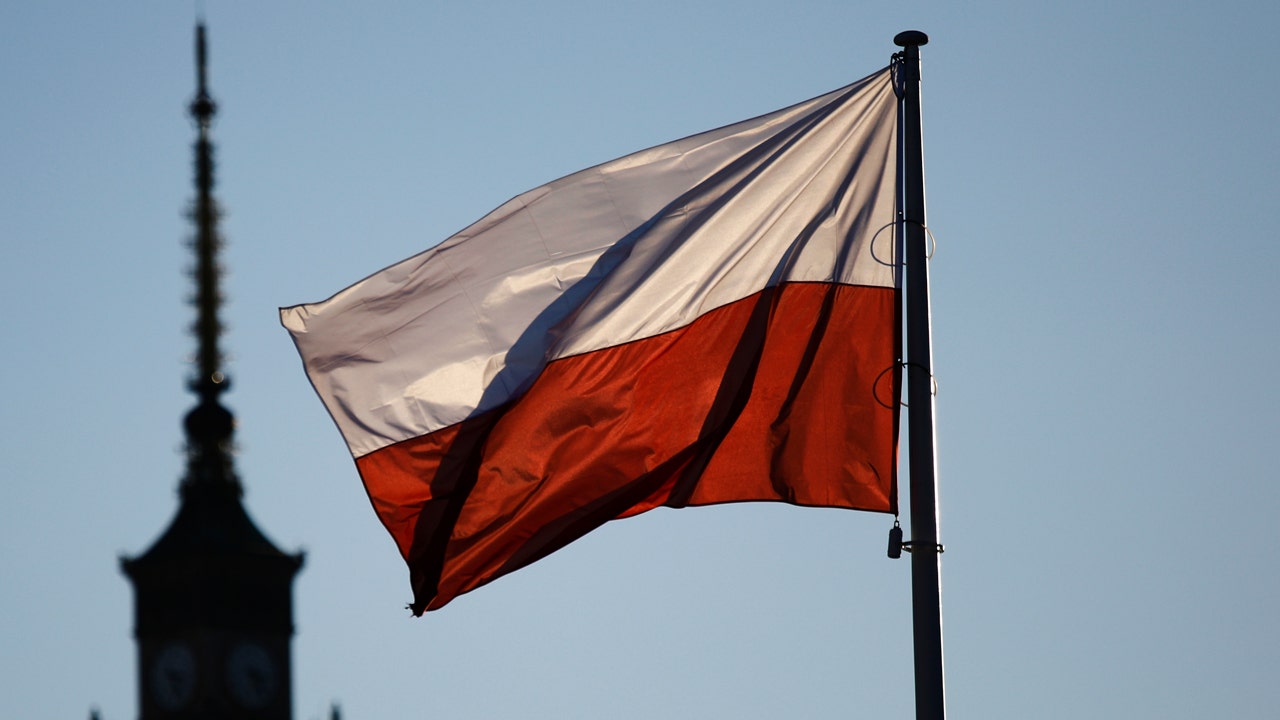- German law enforcement conducted raids across Germany targeting people suspected of posting misogynistic hate speech online.
- Police raided homes and interrogated 45 suspects in 11 states.
- An additional 37 suspects had been previously searched and interrogated in the weeks and months leading up to the raids.
German law enforcement authorities on Thursday carried out raids across Germany against people suspected of posting misogynistic hate speech on the internet as part of a coordinated push to shine the spotlight on online violence against women.
Police raided homes and interrogated 45 suspects in 11 states early Thursday. None of the suspects were detained, Germany’s Federal Criminal Police Office said in a statement. Another 37 suspects were searched and interrogated in previous weeks and months.
The raids were part of a “combating misogyny on the internet” day of action, which comes one day before International’s Women’s Day.
VIOLENCE AGAINST WOMEN AND ‘FEMICIDE’ IN EL SALVADOR PROPELLING THEM TO US BORDER, DATA SHOWS
“We are observing how online platforms are increasingly becoming the scene of hate, harassment and discrimination, also targeting especially women,” said Holger Muench, the head of Germany’s Federal Criminal Police Office.

Handcuffs are seen attached to a police officer’s uniform on March 7, 2024, in Düsseldorf, Germany. German law enforcement authorities on Thursday carried out raids across Germany against people suspected of posting misogynistic hate speech on the internet as part of a coordinated push to shine the spotlight on online violence against women. (Rolf Vennenbernd/picture alliance via Getty Images)
“Today’s day of action makes it clear: we consciously go into the spaces of hate, identify acts and perpetrators, take them out of anonymity and bring them to accountability.”
Muench said the initiative grew out of a joint project by investigators and prosecutors two years ago who worked “intensively on the prosecution of misogyny online.”
FATHER OF COLLEGE STUDENT WHO WAS MURDERED IN ITALY PLEAS FOR CULTURAL CHANGE
Before Thursday’s raids, investigators had been working for a long time to identify alleged perpetrators hiding behind the anonymity offered by the internet.
In Germany, sweeping slurs against women can be punishable as incitement to hatred.
In preparation for the raids, authorities scoured the internet for posts that potentially broke anti-misogyny laws and attempted to identify the authors. The names of the suspects will then be forwarded to the public prosecutor’s offices in the states where they live in order to decide whether to proceed or not with criminal prosecution.
German Interior Minister Nancy Faeser said women and girls are more likely to be victims of hate crimes and online bullying. “We need very clear signs of a stop here. Misogynistic hate crime must lead to charges and convictions, and word should get around,” Faeser said.
Communications that are considered illegal include posts in which women are slandered and insulted in a sexualized manner, or publicly encouraged to send nude photos. The authorities also flagged posts that advocated rape or sexual assault or that distributed videos of torture or killing.
PROSECUTOR ACKNOWLEDGES OVERSIGHT OF STALKING THREAT AGAINST PREGNANT WOMAN WHO WAS LATER MURDERED
The raids concentrated on suspects who had set their sights on well-known women like female politicians – often the target of misogynistic hatred online. Investigators also sought out suspects who have threatened women not in the public eye.
Despite the law, online posts that degrade or threaten women often go unpunished, and many women say they avoid public attention fearing online attacks.
Interior Minister Faeser encouraged women to report all incidents in order to bring those responsible to justice.
“When the police show up at the door, it is a very effective signal: for the perpetrators who have felt safe in supposed anonymity, but especially for the affected women,” Faeser said.
The raids were carried out in a coordinated effort by Germany’s Central Office for Combating Cybercrime in Frankfurt, the Federal Criminal Police Office, and several state law enforcement agencies.






